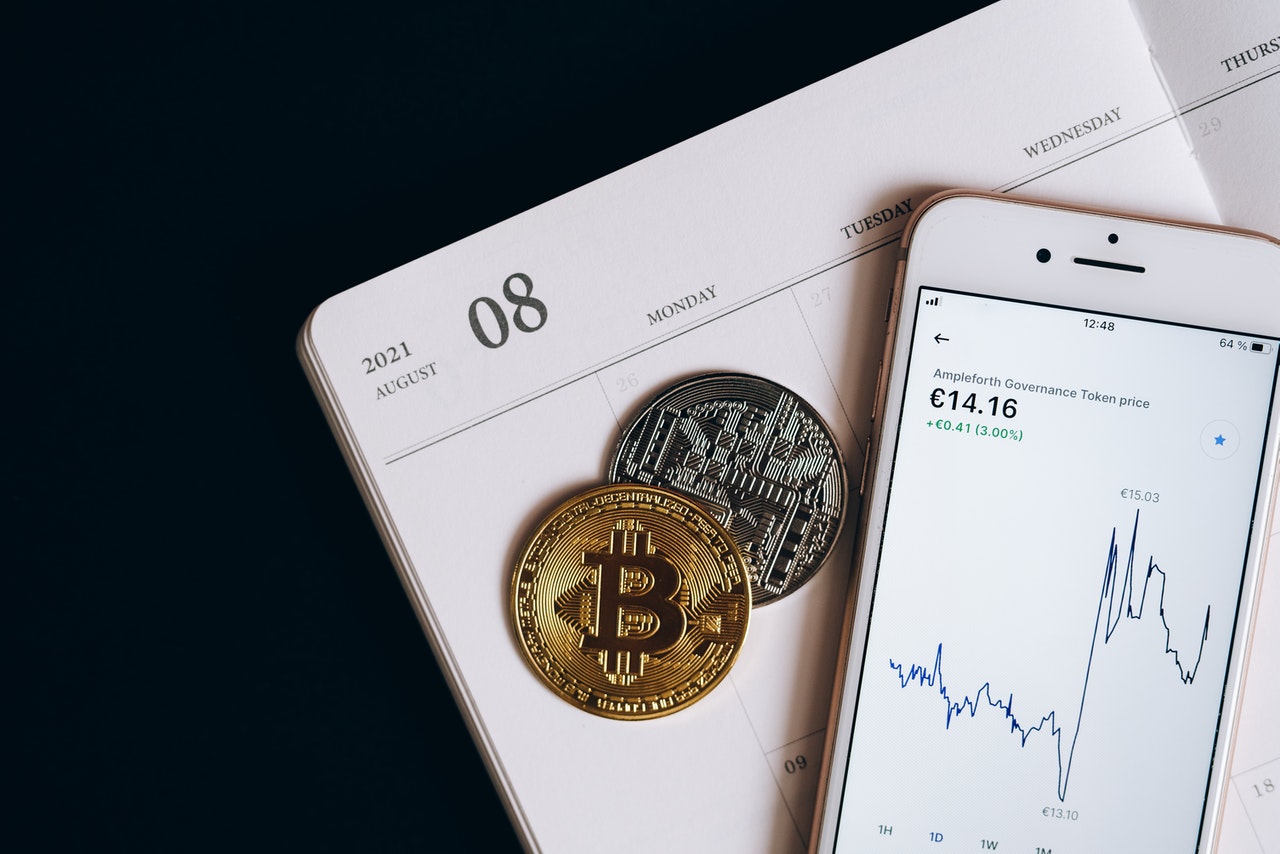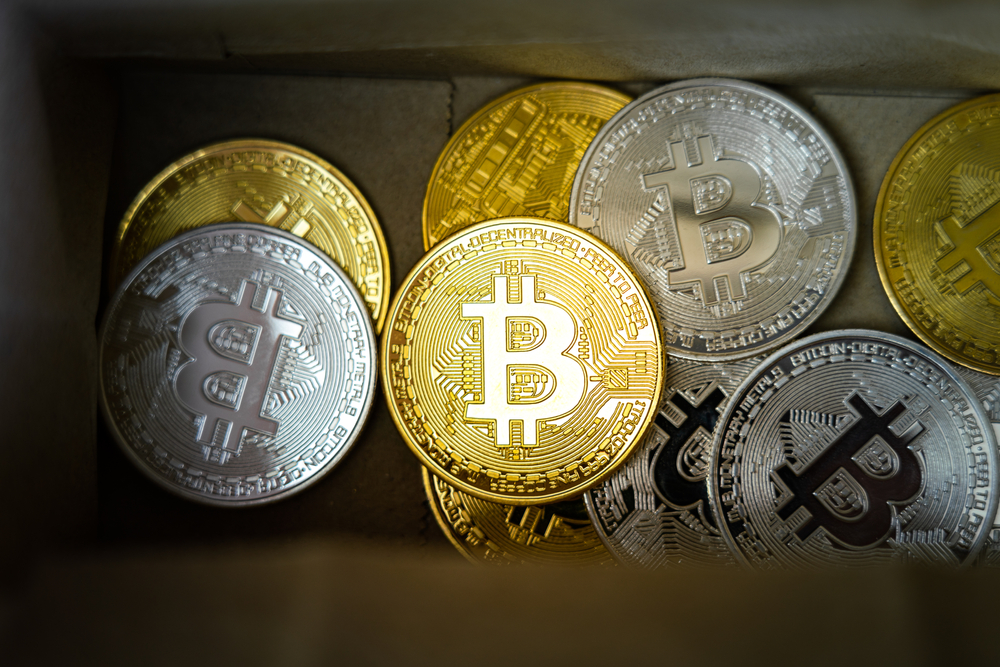
The introduction of electronic cash (Digital Currency) would weaken united States currency globally, but that will not be tough to dethrone the existing global reserve currency.
Around since least the end of World War II, when the 1944 Bretton Woods Agreement codified the greenback’s rise to undisputed primacy, the international economic structure has centered around the US dollar. The leadership of the world’s saving money was linked at the hip with a boost to the nation’s already massive worldwide effect, as well as the capacity to perform massive deficits at a low cost.
Today, a growing number of experts believe that the dollar’s power is eroding. The decline of America’s share in global trade, the expansion of China’s monetary power, and the anticipated digitalization of public monetary standards might all potentially dismantle the institutions of the United States.
The decline of Usa’s share in global interchange, the expansion of China’s economic leverage, and the anticipated digitalization of state conversion standards might all potentially destabilize the member of government pecuniary desire. In any case, what role may establish central institution computerized monetary forms and decentralized commerce solutions like as Bitcoin (BTC) has in shaping the next international economy foundation?
The United States of America has a significant competitive edge.
The term “objective of earning,” which first appeared in Michael Hudson’s 1972 book Super Imperial, was the most well-known word to describe the United States’ disproportionate impact on global exchange. Approximately 50 years after its publication, a huge majority of the ideas it explains have remained consistent.
Nearly 60% of all unknown trade positions are still dispersed in the dollar for this year. Furthermore, despite its 88 percent share of global exchange, roughly 40% of it is billed and received in comfy bucks.
Being able to print the coinage that serves as the world’s largest national currency comes with a long list of benefits, positioning the United States in a position of ostensibly extra edge. For all manner of reasons, the budgetary organization confronts no balance of installments constraint because it pays for imported items with its national wealth. This means it isn’t in danger of failing its ability to pay for basic commodities or funds, despite the current high scarcity.
The United States, as the world’s largest debtor, has reaped the full benefits of the dollar’s strength. Because all parties involved in international trade — governments, banks, and businesses — require dollar (USD) currency consistently, the system has a near-infinite supply of fresh dollar-denominated debt. The United States has been spending considerably over its capabilities for a long period, and as a result, admission rates have improved.
Furthermore, this position of financial power confers considerable international clout. By restricting hostile nations’ access to the dollar-based global currency system, the US can suffer damages that are nearly similar to — or perhaps worse than — that which would result from a geopolitical involvement. For a long time, fiscal access controls have been an important tool for the Foreign Office to impose pressure on entities it considers “rebellious.”
Streams that are ebbing and flowing?
The dollar’s relevance to the global monetary system, as former Economic Advisor Jack Lew warned during the Obama administration, is dependent on other countries’ willingness to follow its current rules. To maintain with the revenue norm, Lew argued, it Should also not misuse fiscal consents to maintain the impression that these measures are only taken versus foreign nations for legitimate grounds and with enough backing.
These statements have gone unnoticed by the present organization. President Trump has increased the use of drones





